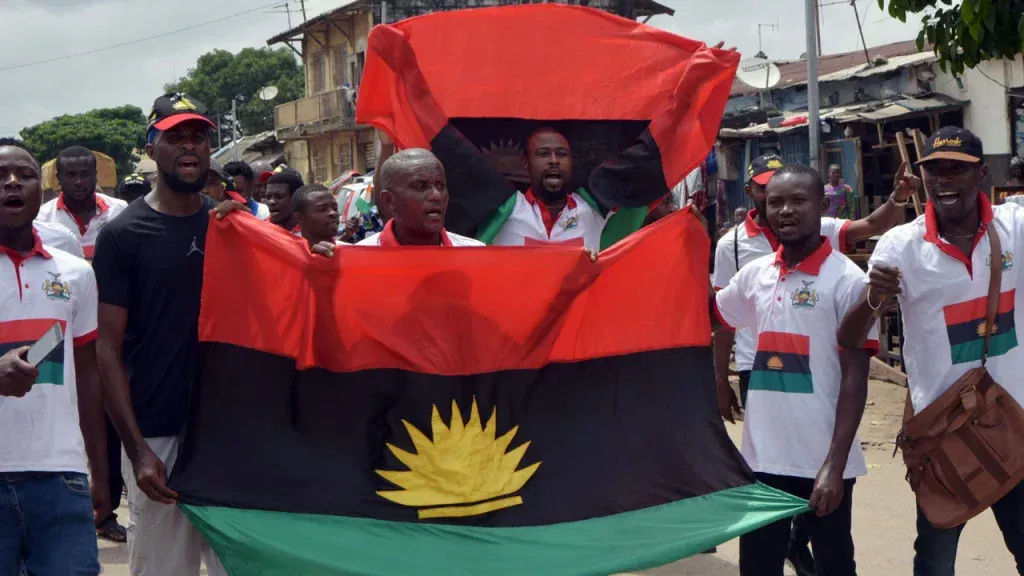As the African Cup of Nations (AFCON) progresses in the Ivory Coast, a shift in the football landscape becomes evident. The absence of any North African team in the quarter-finals marks a historic departure from the usual dominance of the region. This transformation is a topic of fervent discussion for football enthusiasts, including my friend, Peter, an ardent football analyst.
“Have you noticed? No North African country made it past the Round of 16 in Ivory Coast,” Peter remarked emphatically, savoring his beloved Goldberg Lager beer. He highlighted the unexpected eliminations of Egypt and Morocco, traditionally strong contenders from the North African region.
“It’s a changing tide,” Peter continued, pointing out the unprecedented turn of events. The Democratic Republic of Congo’s victory over Egypt and South Africa’s triumph over Morocco exemplify the surprising outcomes reshaping African football narratives. Peter passionately emphasized the emergence of new forces such as Cape Verde, Angola, Guinea, DR Congo, and Mali, overshadowing the once-dominant powers.
Discussing Nigeria’s upcoming match against Gabon, Peter exuded confidence in his team’s prospects, reinforcing the prevailing West African dominance. “Out of the eight quarter-finalists, five are West African countries, with Nigeria leading the pack. The cup is coming to Nigeria,” he declared with unwavering conviction.
As we indulged in our football banter, Peter’s spirited predictions and celebratory belches painted a vivid picture of the evolving AFCON landscape. The fervor and camaraderie encapsulated in our discussion underscore the profound impact of these football developments, resonating far beyond the borders of Africa.
Ibeka Ogazi, Reporting from Lagos



